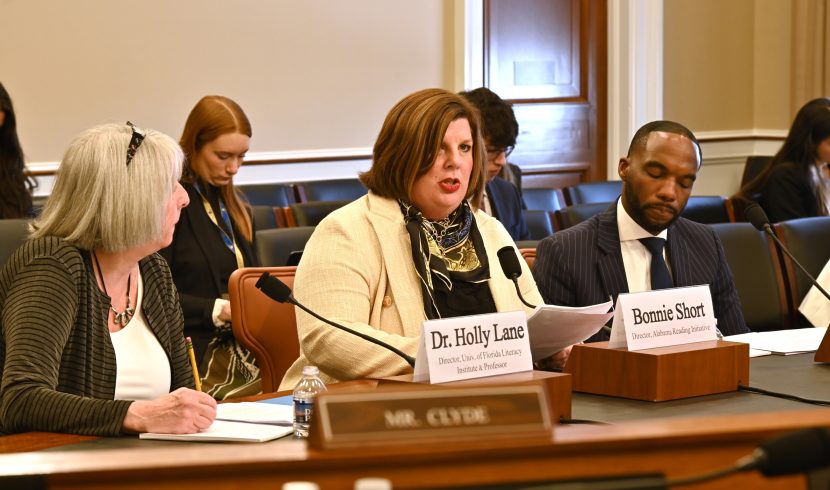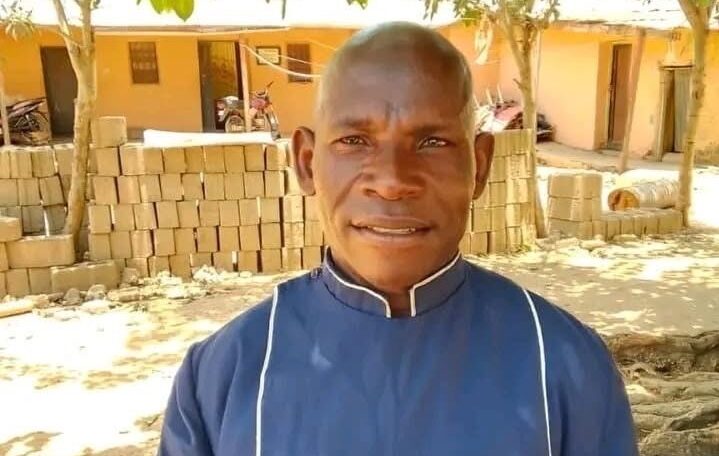An elder statesman who led three Southern Baptist Convention (SBC) entities for a total of 40 years says the denomination’s North American Mission Board (NAMB) is an obsolete bureaucracy that will likely have a diminished role or disappear altogether in the 21st century.
Duke McCall, 95, who retired from denominational work in 1982, said in a recently published essay that leadership missteps before 2006 have added to NAMB’s vulnerability as a new generation of SBC leaders emerges in the first quarter of the 21st century. On the other hand, McCall says, NAMB’s successes have helped boost the growth of Baptist state conventions across the nation.
“These state conventions are a better alternative for domestic missions than a central organization,” McCall wrote. “This has been obvious for at least 50 years in that most of the Cooperative Program funds sent to Atlanta for the North American Mission Board have actually been spent by the state conventions through various kinds of ‘partnership’ programs.”
McCall’s essay is a postscript chapter in “Against the Wind: The Moderate Voice in Baptist Life” written by Carl Kell.
McCall, who recently had a building named in his honor at Southern Baptist Theological Seminary in Louisville, Ky., called NAMB a “wasteful funding mechanism” that “has served as a pressure device to keep state conventions in line with Southern Baptist Convention programs.” The board was established in a merger of three former SBC agencies in 1997.
“Thus the North American Mission Board continues to appeal to SBC leaders despite its clear obsolescence,” McCall said.
Kell said McCall originally submitted the essay and revisions in 2006–2007, before discussion that led to the appointment by SBC president Johnny Hunt in June of an 18-member task force assigned to study how Southern Baptists can work “more faithfully and effectively together in serving Christ through the Great Commission.” Hunt, who also serves on the task force, later added four more members. Meetings of the task force are not open to the press, but comments by individual members suggest looking at the role of NAMB is part of their thinking.
According to North Carolina’s Baptist Biblical Recorder, Danny Akin, a task force member and president of Southeastern Baptist Theological Seminary in Wake Forest, N.C., recently told visitors to campus that NAMB “is broke and has been broke for a long time.”
Pastors quoted in a task force listening session at a North Carolina Baptist church described Southern Baptists’ church-planting method as “stupid” and said it involved “massive replication.” Al Gilbert, a member of the task force and former special assistant to the president of the SBC International Mission Board, said NAMB’s image is different in Old South states that essentially provide the agency’s funds than it is in northern and western states that depend on NAMB funding.
McCall said a few changes in the Cooperative Program — the SBC’s unified giving mechanism — would improve efficiency and greatly strengthen the Baptist state conventions. He said a major overhaul of the unified funding plan is overdue.
“Like the nation’s budget, it has been the victim of political changes until it reflects political power more than fiscal rationality or denominational strategy,” he said.
McCall said a revision of SBC strategy “looms in the near future, but the political stars are not yet in alignment.”
He said it would probably be about 2015, after at least three “new breed” SBC presidents have served their terms and made appointments to the convention’s committee on boards. Any effort before that, he said, “would come from impatience and result in little change because the mind-set at the end of the last century will still be in office.” He suggested a target date for “a renewal of the Cooperative Program” for its centennial in 2025.
“Renewing the Cooperative Program with the new vision and emphases of the new generation of leaders will shape the life of Southern Baptists for the 21st century,” McCall wrote. “This will be comparable to the birth of the Cooperative Program in 1925. It will not alter the theological focus, but it will determine whether Southern Baptists major on evangelism and missions (and how) or on theological education (which will affect theology) or on social work (which will maintain the present alliance with national politics).” (ABP)





Share with others: